People can learn a lot from an interview with a subject matter expert (SME). When you conduct an interview with a SME, you’re searching for facts to help the listener learn a topic. The way you conduct the interview can bring the topic alive.
In this Article
- Your role as a factual interviewer
- Three things a factual interviewer does
- Techniques used by factual interviewers
As a factual interviewer, your responsibility is to give your learner access to the subject matter expert.
The expert – your guest – has useful information the listener needs to hear. Your job is to facilitate that information being understood by the listener.
Your job is to neither agree or disagree with your guest. You are simply asking questions on behalf of the listener and directing the guest’s response so the listener can form his or her own judgement.
The interview is not about you. It’s about your SME. So be careful not to inject yourself into the interview by showing off your knowledge or opinions. You can always do that in another podcast.
3 Things an Interviewer Does
Good interviewers do three things. They:
- Plan questions to elicit the best possible comments
- Perform the interview so it sounds smooth and polished
- Coach the interviewee to be easily understood and sound good
 Planning Questions
Planning Questions
Questions are the tools the interviewer uses to get the guest talking.
Well phrased questions direct their thoughts and encourage them to address the specific issues you need them to talk about.
Planning questions is both an art and a science. They need to both open the topic up as well as stimulate a response. Questions may be ten words or as few as one. Often a well expressed “really” with a raised eyebrow can get a more interesting response than, “do you really think that everyone has the same opinion?”
Good interviewers prepare their questions in advance when they do their background research. However, they often generate new questions in response to the discussion that takes place during the interview.
Performing Questions
Planning questions that are well-phrased and evoke the right response are only half of the equation. The best questions can flop if they are delivered poorly or the timing is wrong.
If you’re doing an interview for a piece that will be printed, you can get away with long pauses as you think of new questions, or disjointed sounding delivery. But for a podcast, you will be heard. As such you need to deliver the questions clearly.
Coaching Your Guest
The third aspect of conducting interviews is to coach your guest to sound good and be easy to understand.
A guest who is nervous is less likely to give you the best answers. And they will be more difficult to understand.
Do everything you can to make your guest feel comfortable so he can focus on answering your questions. Basic emotional intelligence can help here.
Techniques of the Factual Interviewer
Back in my talk show days, I earned my bread and butter by asking people questions. So, people often ask me for my tips. Based on what I’ve said above, here are just a few to help you focus your skills.
 Let Her Talk
Let Her Talk
If your interviewee is comfortable talking, sit back and let her talk. However, if she or he goes off track, be ready to jump in and bring the comments back on track.
If your guest is not talkative or is nervous, take the opposite tack. Step in and do what you can to encourage her to talk. This starts with basic EQ and what psychologists call attending skills.
I find amateur interviewers feel they need to show off their knowledge or share their opinions. That’s not the purpose of a factual interview with a SME. Your purpose is to showcase the SME’s opinion so let them talk.
Be an Ambassador
Your role as a factual interviewer is to ask questions on behalf of your listeners. In a way, you’re an ambassador. Think carefully about why your listener would want to hear your guest and what types of questions your listener would ask if he met your guest over a coffee at Starbucks.
Make Your Guest Feel Comfortable
If you want your interview to sound good, your interviewer needs to sound good too. It is your responsibility to make your guest feel at ease.
The microphone can threaten some people. Before you start asking questions, develop a rapport that puts them at ease so the microphone doesn’t inhibit them.
Listen Carefully to Their Response
Most people being interviewed are not used to communicating only by ear. They use expressions that are easy to understand when you see a facial expression or read off paper.
One broadcaster spent three minutes talking about a “mao suit” which made sense to him. But to the listener it sounded like “mouse suit”. Listen out for anything your guest may say that might be misinterpreted because it sounds different to the ears.
When you do her phrases that may not sound clear on the ear, ask the question again and direct your guest to explain it differently.
If needs be – tell them that the phrase won’t sound clear on audio so they need to repeat it differently. You can always edit this instruction out.
Podcast Interviews
Remember to focus carefully on your role as a presenter, questioner and coach when you conduct an interview. Allow space for your listener to learn about their expertise. And be on the lookout for any confusion that may arise from their responses.
This article is © by Jonathan Halls and was originally published in 2006 on Podcasters Portal.
![]()

![]()

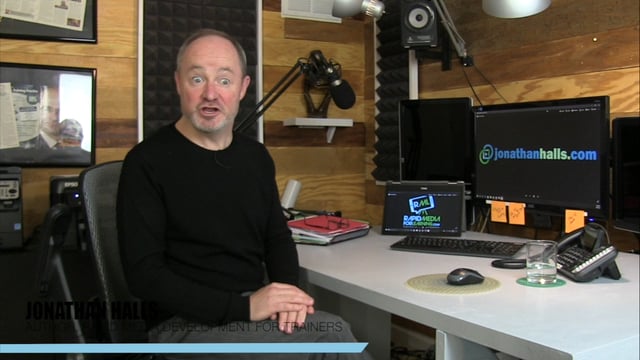
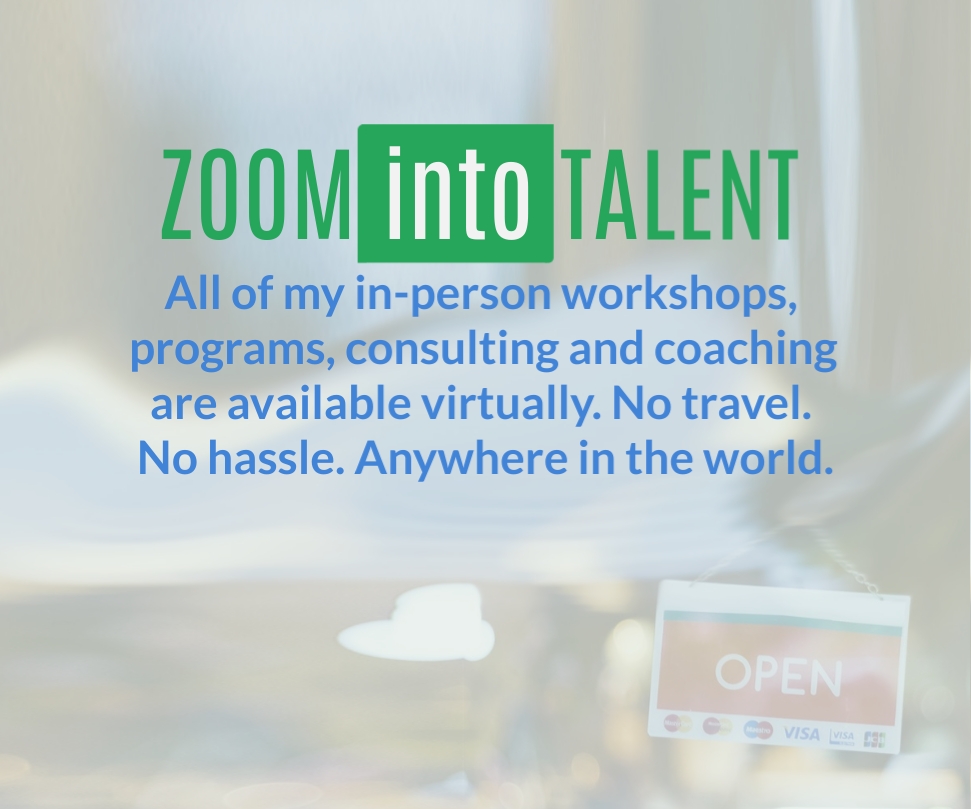

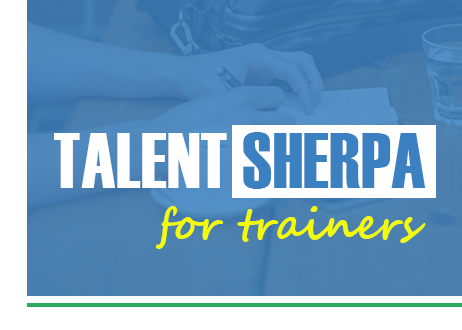
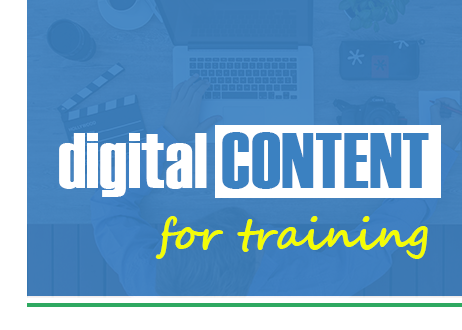
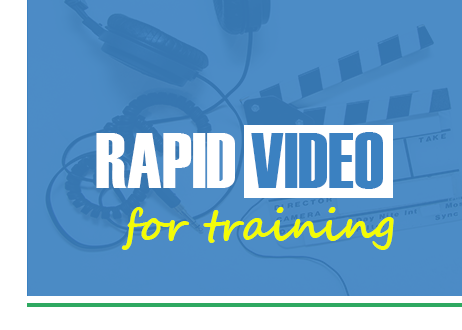
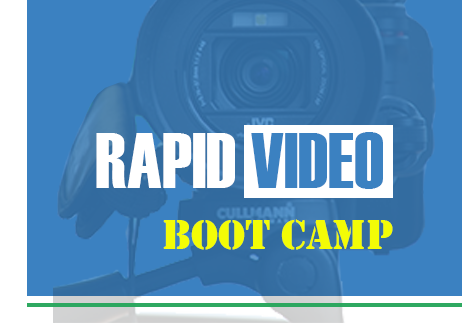
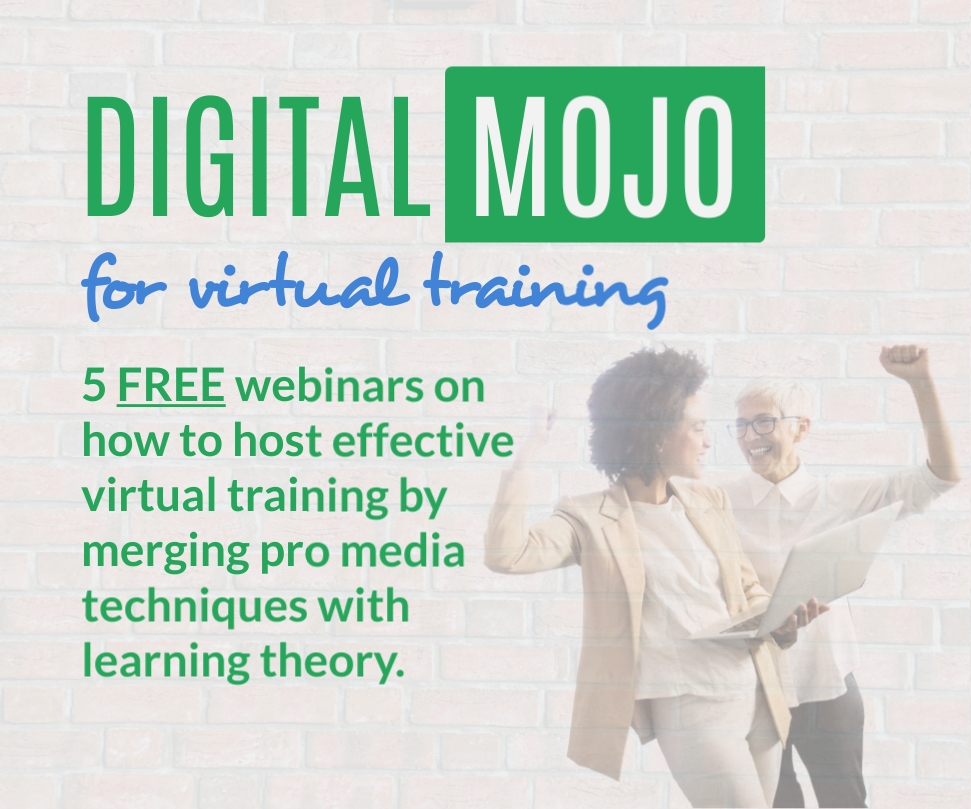
Comments are closed.